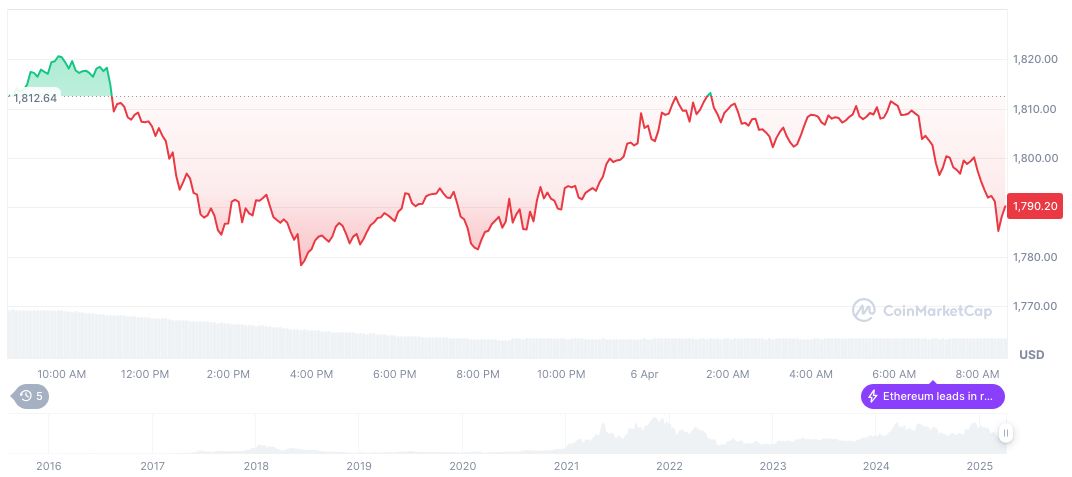- U.S. fiscal deficit addressed by Trump’s tariff policy.
- Tariffs generate billions in revenue.
- Potential global trade tensions arise from increased tariffs.
In a recent post, Donald Trump proposed tariffs to counter the United States’ fiscal deficits with China and the European Union, calling tariffs “beautiful things.”
The proposal has sparked debates on its effectiveness in addressing trade surpluses and its broader economic implications.
Trump’s Tariff Plan: Tackling Fiscal Deficits with China and EU
Donald Trump announced a tariff plan targeting countries with substantial fiscal deficits such as China and the European Union. He emphasized past revenues generated by tariffs and promised to reverse trade surpluses attributed to the current administration. “We have massive financial deficits with China, the European Union, and many others. The only way this problem can be cured is with tariffs… They are already in effect, and a beautiful thing to behold,” said Donald Trump. Higher tariffs could result in increased U.S. manufacturing activity but might also heighten global trade tensions. Developing regions like Vietnam face significant tariff increments, potentially leading to revised trade agreements. China and the EU, notable U.S. trade partners, have yet to respond publicly. Meanwhile, Donald Trump continues to advocate for tariffs as an essential remedy for fiscal imbalances, suggesting they will benefit U.S. economic interests.
The Coincu research team suggests that increased tariffs might stimulate U.S. domestic production but could also hinder imports, affecting sectors reliant on global supply chains. Historical data indicates similar policies may intensify economic isolation.
Did you know? Historically, tariffs implemented by Trump in his earlier presidency led to retaliatory measures from China, resulting in disruptions across global supply chains.
Analysis: Impacts of Increased Tariffs on Global Trade
Did you know? Historically, tariffs implemented by Trump in his earlier presidency led to retaliatory measures from China, resulting in disruptions across global supply chains.
According to CoinMarketCap, Ethereum (ETH)’s market dynamics have shown volatility. With a current price of $1,448.75, 24-hour trading volumes surged by 420.98% following market shifts. ETH’s value declined by 19.42% over the last 24 hours, contributing to a 60.60% drop in 90 days.

The Coincu research team suggests that increased tariffs might stimulate U.S. domestic production but could also hinder imports, affecting sectors reliant on global supply chains. Historical data indicates similar policies may intensify economic isolation.























